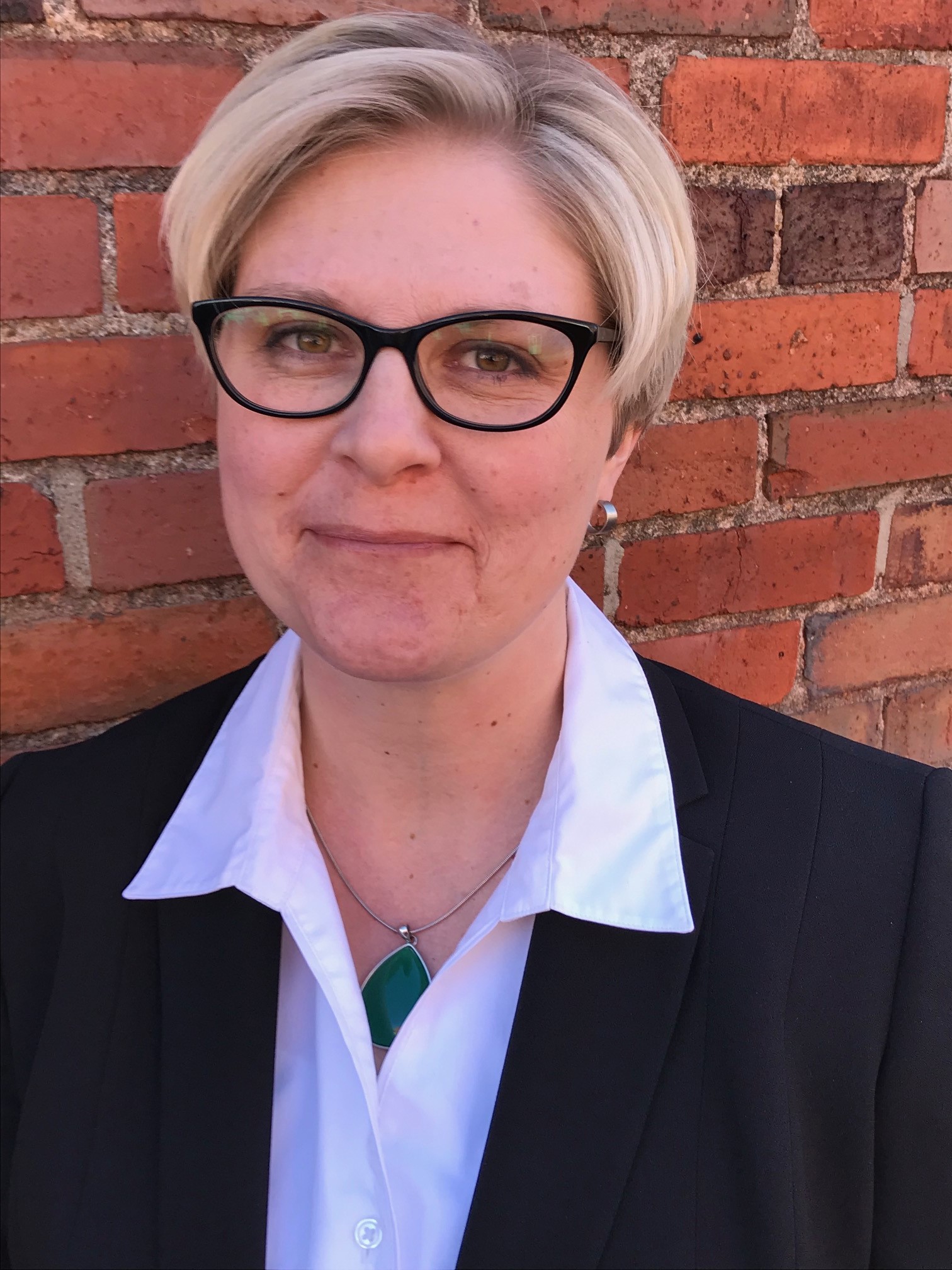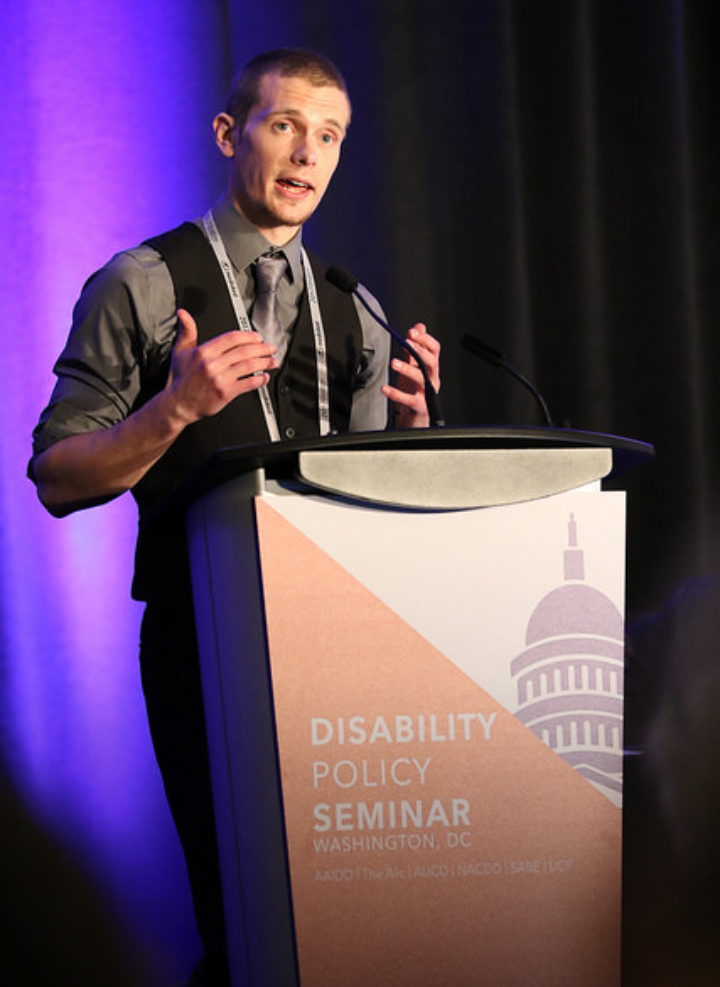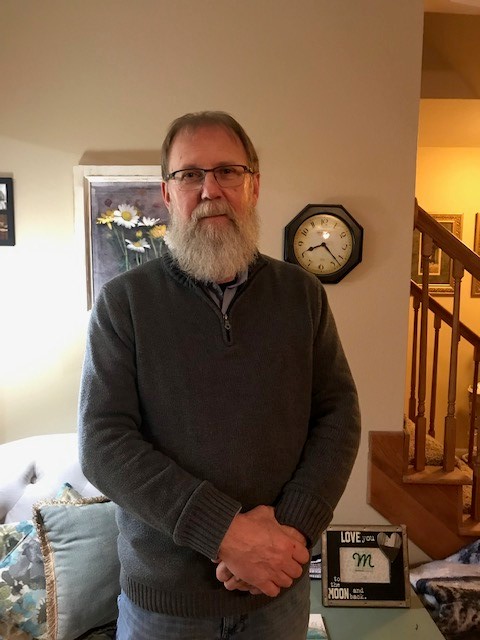Russell Lehmann is an award-winning and internationally recognized motivational speaker, poet, author, and advocate. His words have reached over 20 million people worldwide, from the United States to Argentina, Norway to Australia. Russell began to experience developmental and behavioral symptoms and struggles around the age of three. Despite numerous visits, his parent’s desperate for answers of any kind, not a single doctor or specialist could figure out what was happening. In the spring of 2003, at the tender age of 12, Russell was admitted to the psychiatric ward at his local city hospital. He stayed there for five weeks, which were some of the most trying of his life. Still, he left the children’s hospital without a diagnosis – or hope – to return home with.
In the fall of 2003, Russell was diagnosed with autism at the University of Washington’s Autism Center. He and his family were relieved to have what they believed would serve as a roadmap toward proper treatment – although they knew the tough times were far from over. In 2011 Russell found an outlet in his natural creative and poetic tendencies. He channeled the depth of his experiences thus far to write his acclaimed book “Inside Out: Stories and Poems from an Autistic Mind”. His book was featured in the LA Times, earned an Honorable Mention at the 2012 NY Book Festival, and won the award for Literary Excellency at the 2013 International Autistic People’s Awards in Vancouver, Canada. Russell took even greater comfort in learning and worked his way through high school course after course, earning a 4.0 GPA. He spent an extraordinary season breaking through comfort zones to shine in the athletic arena. He played football with the help of an encouraging coach and teammates and was honored as a member of the 2009 All-State Academic Team.
Russell then spent two years taking part-time classes at his local community college (TMCC) in Reno, Nevada. He received straight A’s and was invited to be a member of the Phi Delta Kappa Honor Society. It was through this journey that Russell discovered his true calling in life: helping those who shared his struggles and advocating on their behalf. This is when he turned his focus solely to being a voice for the unheard, for he knows how difficult it is to go unnoticed.
Russell’s name and story are known worldwide. Every presentation he gives uplifts, inspires, and increases autism and mental health awareness and understanding. He speaks honestly and authentically; his experiences resonate with every audience he speaks to. He has yet to give a speech that has not received a standing ovation. In 2018, Russell presented in 20 cities all across the country. He ended the year with a true testament to his hard work: he was named Reno-Tahoe’s “Most Outstanding Professional Under 40”.
Presentation(s):
Insight from Inside: My Perspective After Being Inpatient Multiple Times
Triumph: Overcoming the Odds




